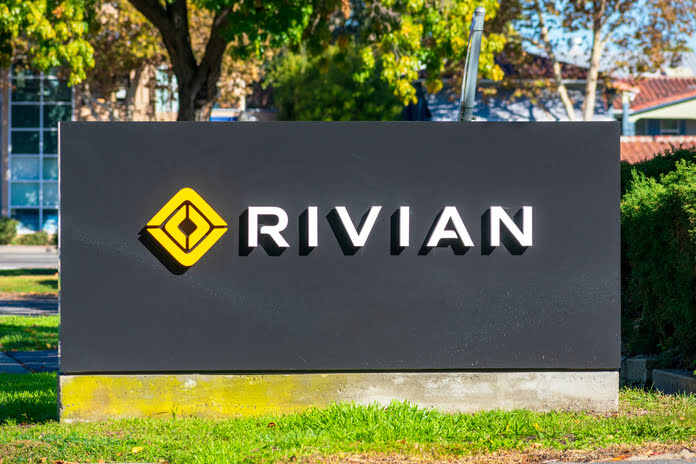Rivian (NASDAQ:RIVN), a startup producer of electric trucks, continues to find solid demand for its first products, with approximately 200,000 orders in hand and a long way to go before they are fulfilled. As of June 30, Rivian (NASDAQ:RIVN) reported on a Thursday earnings call that it had received more than 98,000 orders for its R1T pickup and R1S SUV. Amazon, an early investor in Rivian (NASDAQ:RIVN), has placed an order for one hundred thousand commercial electric delivery vehicles.
Rivian’s Electric Vehicles Production
The California-based company, which began production in Normal, Illinois in September and has suffered from a slower-than-anticipated ramp-up, has produced approximately 8,000 electric vehicles and reiterated a reduced production goal of 25,000 vehicles for this year. For the quarter, Rivian (NASDAQ:RIVN) produced $364 million in revenue and recorded a net loss of $1.7 billion. The corporation stated on Thursday that at the end of the second quarter, it had $15 billion in cash on hand.
Rivian (NASDAQ:RIVN) is navigating the consequences of President Joe Biden’s historic climate measure, which passed the Senate on Sunday and will be voted on by the House on Friday. It contains a continuation of the $7,500 federal tax credit for the purchase of electric vehicles but imposes a limit that excludes trucks and SUVs priced over $80,000. This would eliminate the majority of Rivian’s sales from consideration for the tax credit beginning the next year.
The $430 billion Inflation Reduction Act prioritizes health care and clean energy and includes a variety of EV adoption-promoting initiatives. The plan extends the $7,500 tax credit through 2032, provides a $4,000 tax credit for used EVs, and removes the manufacturer sales cap of 200,000 vehicles. It also excludes purchasers with higher incomes and EVs priced above $55,000 for cars and $80,000 for SUVs and trucks, which might affect Rivian and other automakers. In addition, the measure includes additional domestic battery procurement restrictions.
R.J. Scaringe, CEO and co-founder of Rivian (NASDAQ:RIVN), stated on Thursday that “We’re incredibly happy to see a policy that helps drive more rapid adoption of electric vehicles, as well as important investments in building domestic battery cell production.” He added that “While many of our R1 configurations won’t meet the bill pricing requirements, our (next-generation) R2 product line and associated cell roadmaps are being developed to allow our customers to capture the value of these incentives. ”
The base price of the R1T truck is $67,500, while the base price of the R1S SUV is $72,500. However, after adding accessories and extras, most Rivian customers spend over $80,000 on their EVs, according to the business.
Wednesday, Rivian (NASDAQ:RIVN) sent clients who have already reserved an electric vehicle a potential workaround to qualify for the full $7,500 tax credit before the measure becomes law on January 1. Rivian stated that consumers can sign a “written contractual contract” for their R1T or R1S purchase, making $100 of their $1,000 deposit non-refundable, but exempting them from the price and income limits regardless of the delivery date.
Featured Image: Megapixl @Michaelvi















